Studying abroad is an experience shared by many on Wake Forest’s campus. Most people either go themselves or know someone who has gone or intends to go. While there are many programs directly sponsored by the university, there is also a large catalog of affiliate programs that work with Wake Forest to provide the type of learning through experience that many cite as a large reason for seeking out such opportunities.
As I personally was approaching the decision on whether or not I wanted to go, I found that information on these programs was readily available online. Despite this, I didn’t hear much from peers as to what the actual experience of going abroad, separate from Wake Forest, would be like. Most of the people I knew had gone to the more popular and robustly-advertised destinations in London, Vienna and Venice — all cities in which Wake Forest owns property that semester cohorts live and study in. Though these programs looked incredible and met the requirements that I needed for my degree, I found myself interested in pushing a bit further by searching for programs that might also expose me to students from other schools.
This led me to the decision to spend my spring semester abroad in Athens, Greece with an affiliate program. I enjoyed my time immensely and found the experience to be informative in ways that I did not expect. My program required me to register for my classes in early December, and by late January, my suitcases and I were on a red-eye bound for Greece out of the John F. Kennedy Airport.
While the program had us create Facebook pages to get to know the rest of the cohort and begin to mingle before our arrival, the only person who I knew going in was already a dear friend of mine. She also happened to be the only other person from Wake Forest within our cohort of approximately 140 students. Descending below the clouds into the airspace directly above Athens, the city was not what I expected at all. Densely packed, tan buildings (no more than a few stories tall due to the ongoing threat of earthquakes in the area) sprawled across the area of the city — which is only roughly 15 square miles. We were quickly shuttled to the tiny apartment assigned to us, shared with three other girls from Notre Dame who we would quickly become friends with. Conveniently located around the corner from our school building, we were well situated amongst the other student apartments scattered across our neighborhood, Pangrati. There for five months, I came to know the area well and would spend hours walking to and fro my daily activities.
As someone who has never lived in a big city, Pangrati was a good neighborhood to ease into the bustling city life. More quiet and residential than some adjacent neighborhoods, Pangrati mainly consisted of smaller specialty stores, oodles of restaurants and cafes and blocks of apartment buildings with balconies overlooking the smaller roads.
My apartment lay hundreds of feet behind the Kallimarmaro Stadium, where the original modern Olympic Games had their opening and closing ceremonies and where I trained for the annual local half-marathon. From the top floor of my apartment, I could watch the sunset behind the Parthenon, which was but a 20 minute walk from the door of my building and a frequent stop for class trips and visitors from home. Across the street from school lay the National Gardens, a somewhat extensive and well-maintained forest, which not only hosted a wide array of native flora but also a duck pond and several animal enclosures including small fowl and goats. These attractions helped make the area feel less crowded by concrete and roads and softened the noise of the traffic rushing through the city.
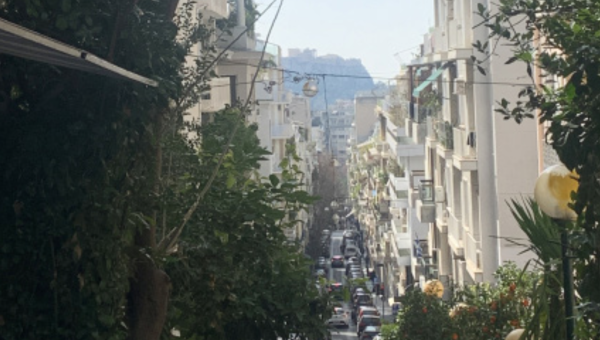
This was by far one of the most difficult adjustments for me, and I found myself on edge with having to pay attention to so much noise and movement around me. Since coming back, I have been more thankful for the quietness of Winston-Salem. Similarly to New York, the drivers of Athens are no strangers to the car horn. What’s more, the risk factor of crossing the road without looking an extra few times could be near fatal due to the speed and unpredictability of motorcyclists in the area, who weave freely in between cars, trams and buses.
Beyond the traffic noise, for almost a week straight, our street would occasionally fall victim to someone parking their car just far enough out into the road such that the vibrations of the trolly rumbling by were enough to set off the car’s alarm — a jarring and headache-inducing wakeup call at 7 a.m. every morning and throughout the day. There is a lot of car traffic in general, but Athens has a very robust public transportation system too. I found the metro to be most useful throughout the semester, solidifying that I would like to live somewhere with a good metro system in the future.
My program followed the popular model of allowing Friday off for exploring on your own. Our cohort did our best to take advantage of that free time, frequently taking day and overnight trips to nearby islands and other popular destinations in both Eastern and Western Europe. My roommates and I took a weekend trip to Romania, exploring the capital city of Bucharest and partaking in a Transylvanian castle tour. There were also built-in trips designed by the program itself, bringing us into northern Greece in Thessaloniki and westward around the edge of the Peloponnesian peninsula — two trips I would not have known where to even begin planning by myself. I really valued this extra time in my week because, although I was having fun, I was also growing more exhausted by the day. There was so much to do and see, and naturally I didn’t want to miss out on any of it.
Beyond the fun stuff, the more mundane chores of grocery shopping in a foreign language you can’t completely speak or doing your laundry by hand in a bathtub and hanging it to dry to avoid paying for the laundromat started to weigh on me. I went through a period of burnout a few weeks before the end of my program — something I didn’t expect as I’ve never considered myself to be homesick by nature. I missed my friends on campus, my family and the comfort of having a well-practiced and simple routine. I also felt guilty because I knew that I was lucky to have the opportunity to partake in these experiences, so why couldn’t I enjoy them as much as I did at the beginning of my time abroad?
All in all, I think that the key to this is building balance, especially if one intends to go abroad. I don’t think I balanced my time as well as I could have, knowing how tired I was towards the end. That being said, I would not change the memories that my semester abroad brought, which will stay with me for the rest of my life and have allowed me to build a new understanding of what energizes and depletes me.


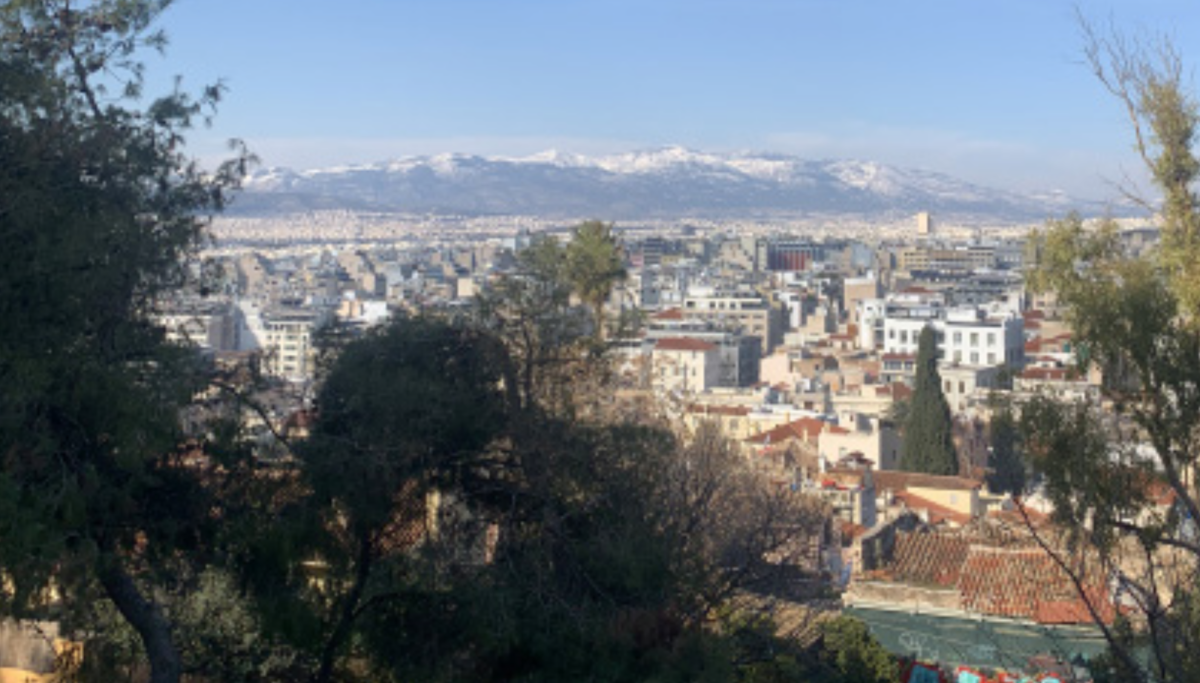
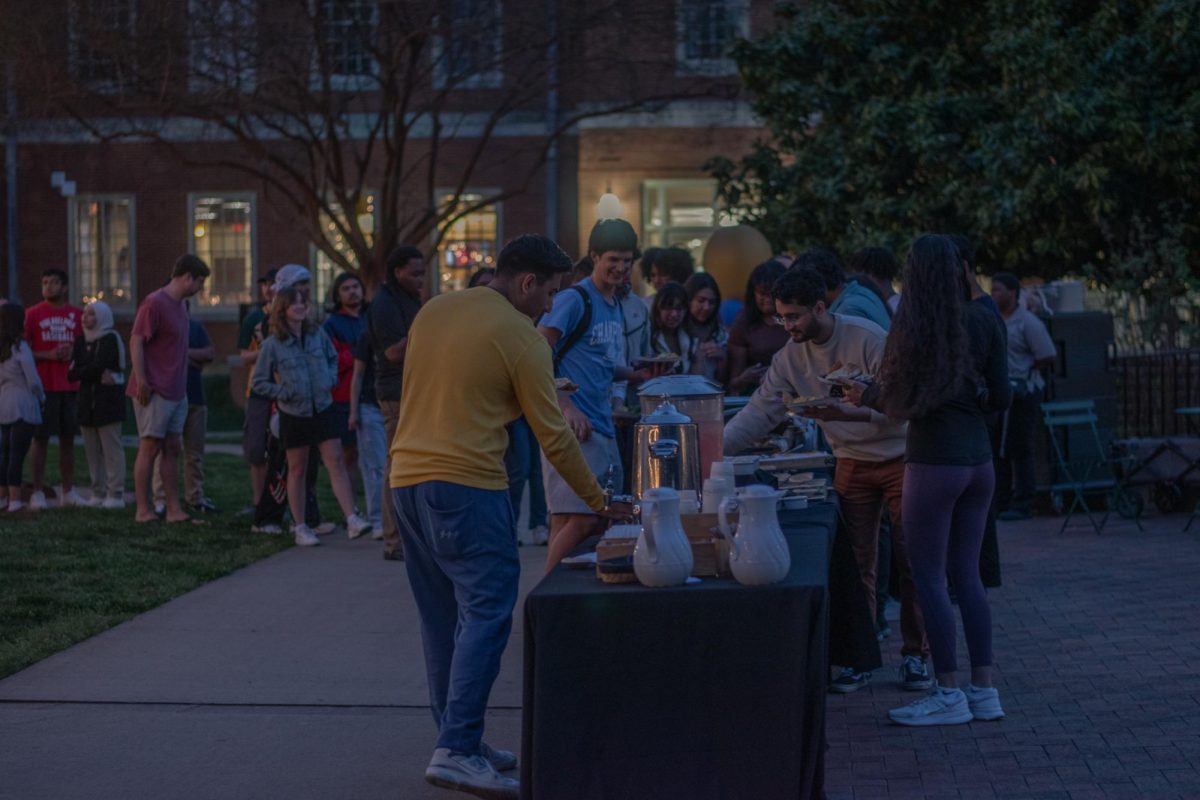
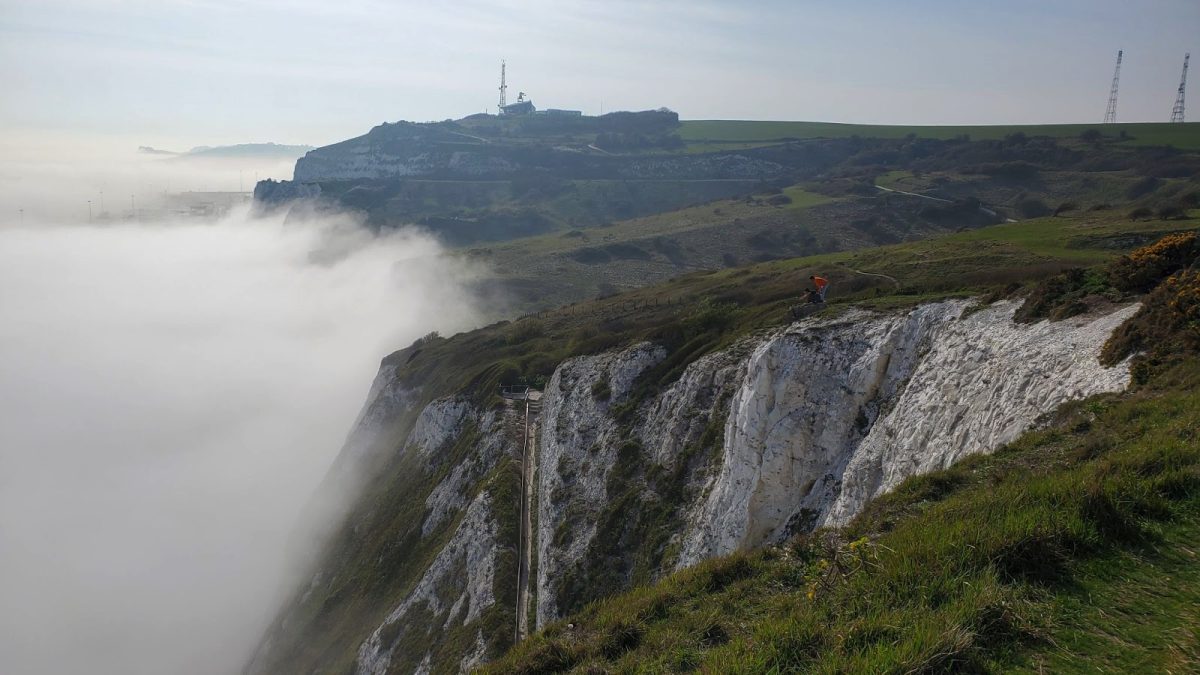
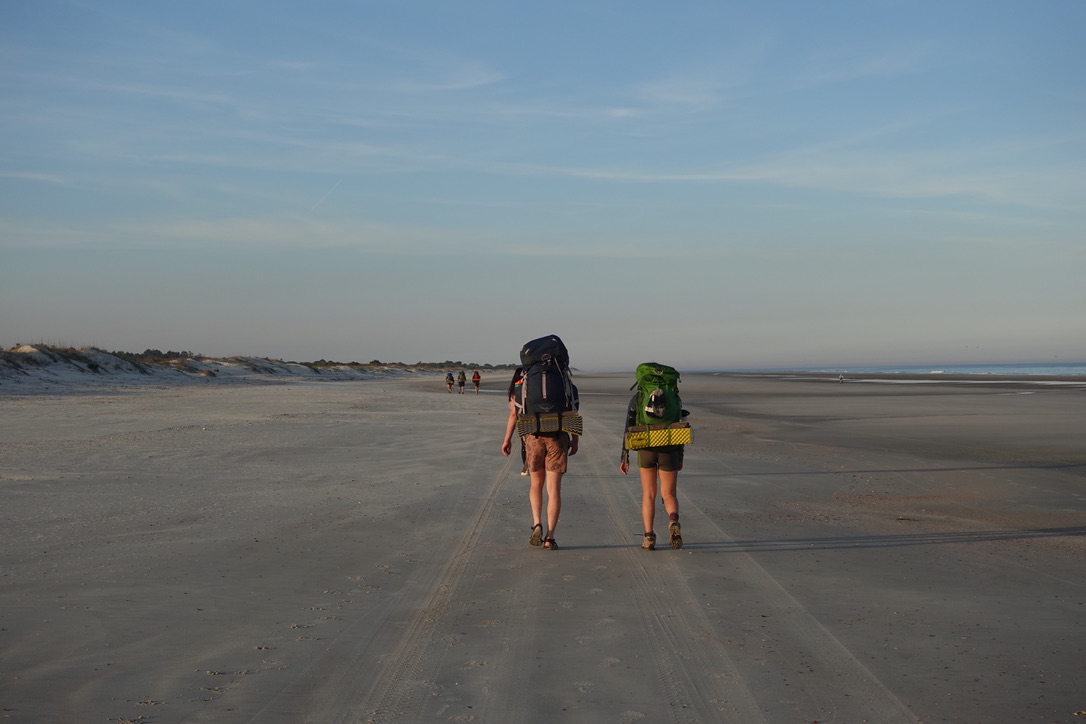
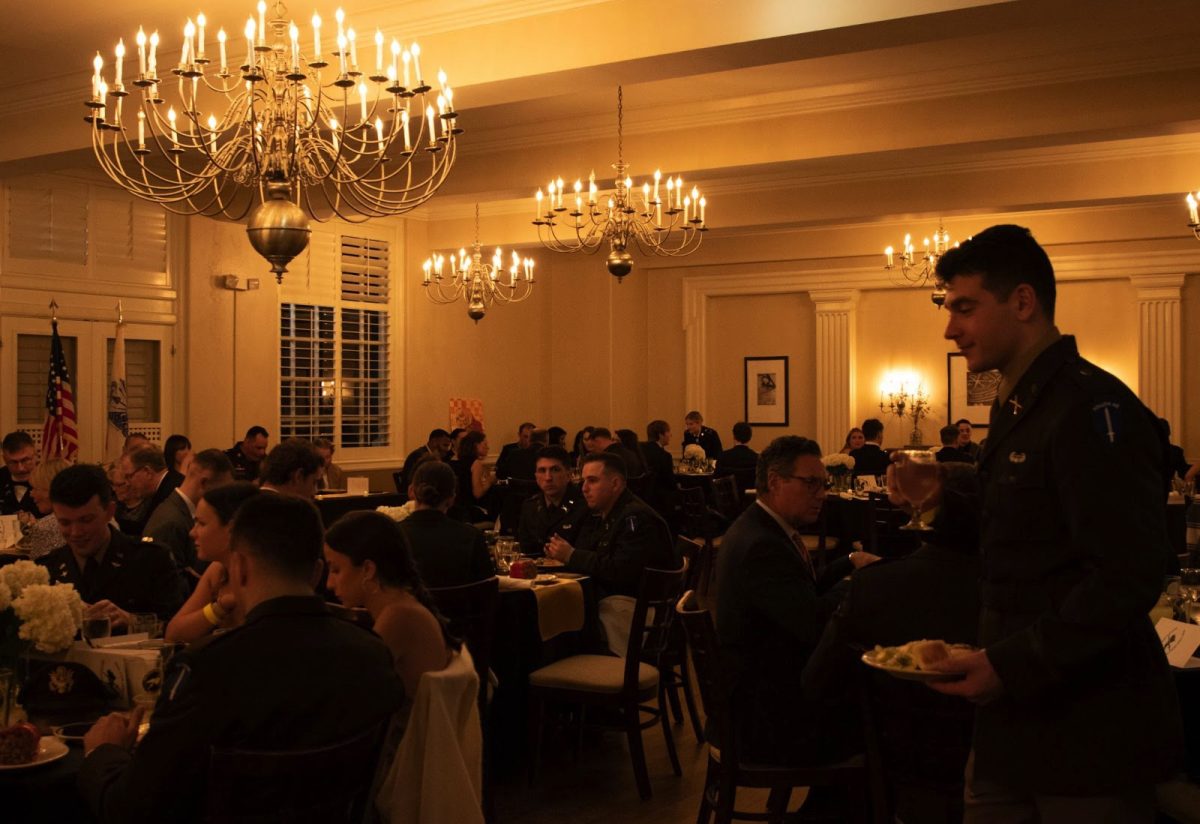
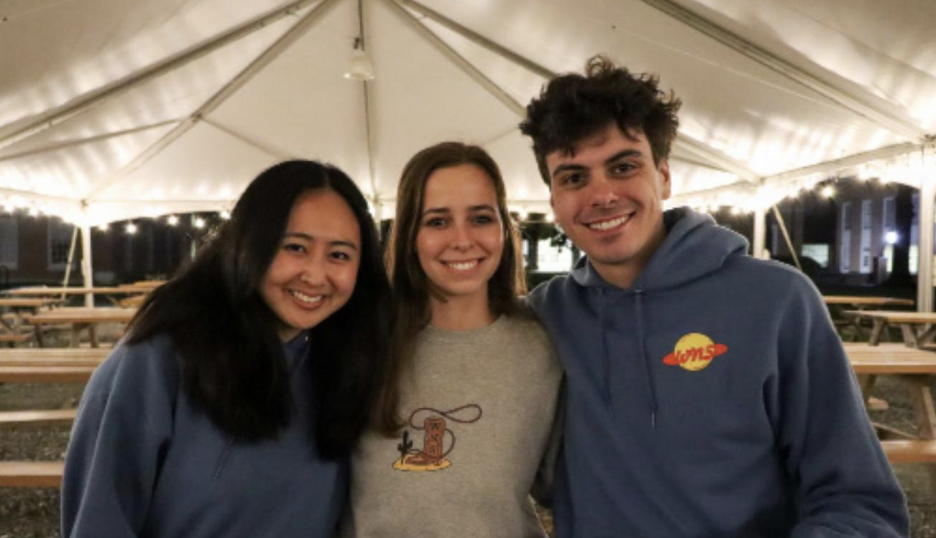
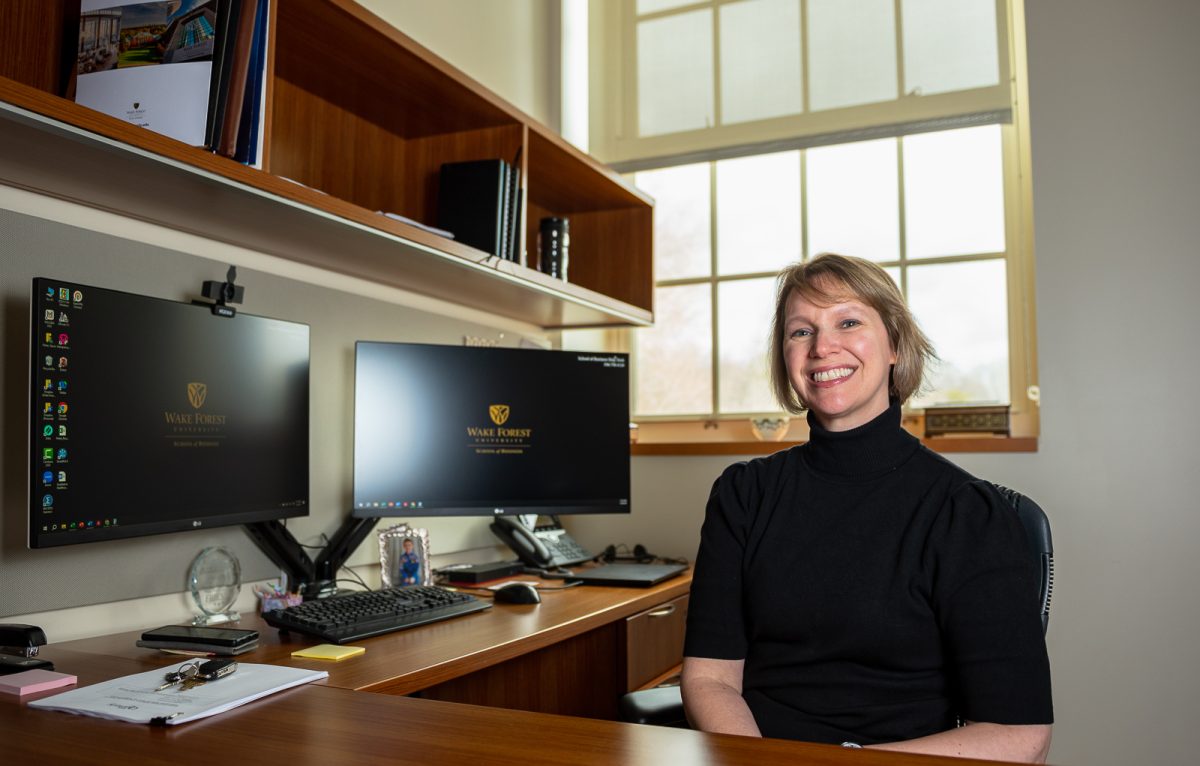
Veda • Jan 29, 2024 at 10:20 pm
That’s bestie bro. #tublaundry